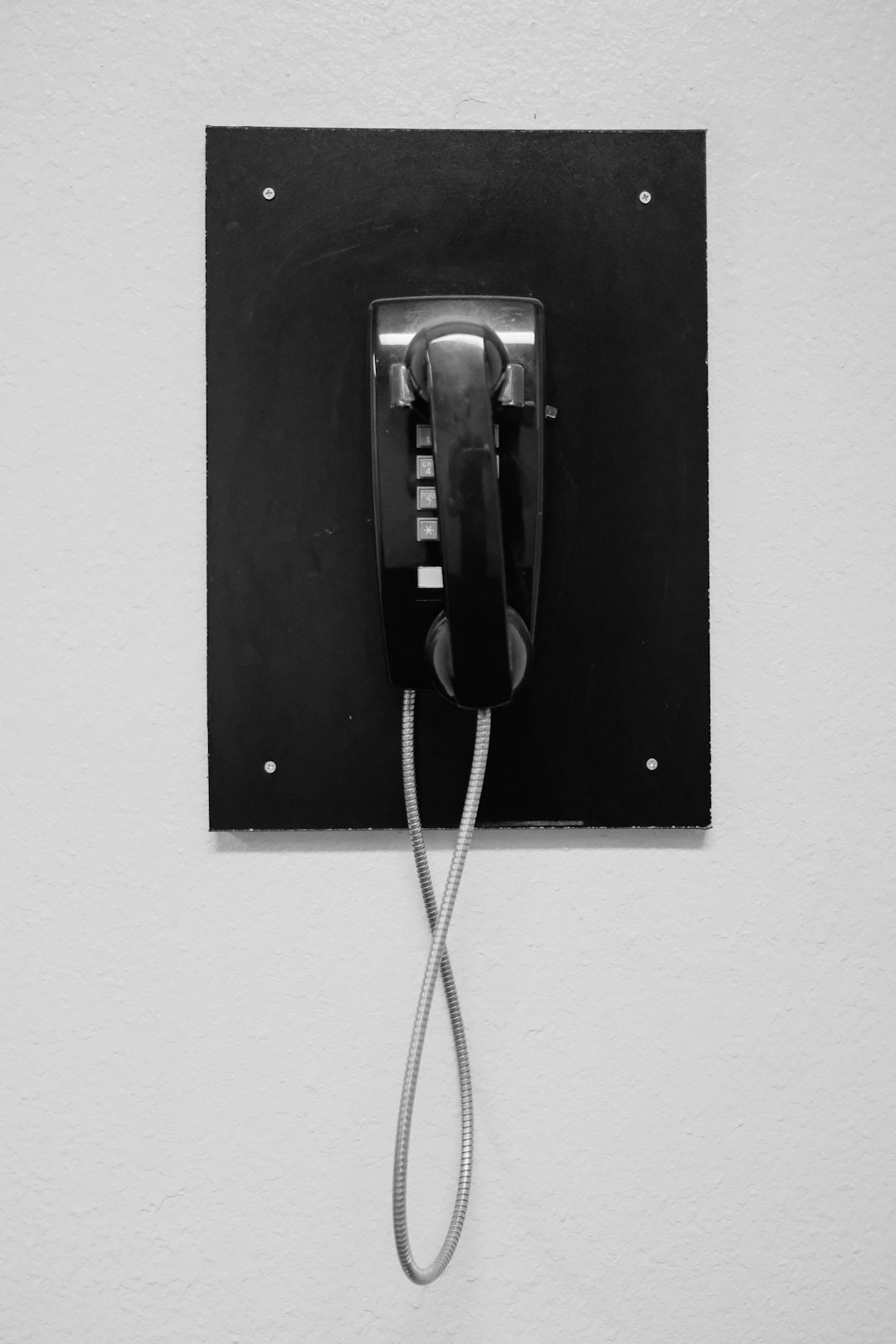In Nebraska, individuals are protected by state and federal laws like the FDCPA against abusive debt collection practices. If you suspect a debt collector has violated your rights, file a complaint with the Nebraska Attorney General's Office or consult legal counsel. Choosing the right lawyer is crucial; look for professionals specializing in consumer protection, licensed in Nebraska, with positive client reviews for knowledgeability and commitment to fighting for consumer rights.
In Nebraska, understanding your rights against debt collectors is paramount to protecting yourself from unfair practices. If you’ve been harassed or treated unfairly by a debt collector, filing a complaint can be a powerful step towards justice. This comprehensive guide walks you through the process, from knowing your rights to choosing the right lawyer for debt collector issues in Nebraska. Learn how to take action and ensure compliance with state laws.
Understanding Your Rights Against Debt Collectors in Nebraska

In Nebraska, individuals have specific rights when it comes to dealing with debt collectors. Understanding these rights is crucial before taking any action. A lawyer for debt collector laws in Nebraska can provide valuable insights into what constitutes fair collection practices and how to protect yourself from abusive or illegal tactics.
Debt collectors are bound by state and federal regulations, such as the Fair Debt Collection Practices Act (FDCPA), which aims to prevent harassment, false statements, and unfair treatment. If you believe a debt collector has violated these laws, you have the right to file a complaint with the Nebraska Attorney General’s Office or seek legal counsel to explore potential legal recourse.
When and How to File a Complaint: Step-by-Step Guide

If you believe a debt collector has violated your rights or engaged in unfair practices while attempting to collect a debt, it’s important to take action. Filing a complaint with the appropriate authorities is a crucial step towards resolving such issues and holding collectors accountable. In Nebraska, consumers have specific protections under state law when dealing with debt collectors.
Here’s a step-by-step guide on how to file a complaint:
1. Gather Evidence: Collect all relevant information and documents related to the interaction(s) with the debt collector. This may include copies of communications (emails, letters, texts), records of calls, and any fees or charges you dispute. A lawyer for debt collectors in Nebraska can also provide guidance on what evidence is essential to support your case.
2. Identify the Appropriate Agency: In Nebraska, the Nebraska Attorney General’s Office oversees consumer protection matters. You can file a complaint online through their official website or by contacting their office directly. Some cases may be better suited for the Nebraska Department of Banking and Finance, especially if the debt collector is licensed under their jurisdiction.
3. Complete the Complaint Form: Access and fill out the complaint form provided by the chosen agency. Provide detailed information about the debt collector’s actions, including dates, amounts, and any specific laws or regulations they may have violated. A lawyer can assist in crafting a compelling narrative.
4. Submit the Complaint: Follow the submission instructions on the form or agency website. Ensure you keep records of your submission for future reference. After filing, an investigator or relevant official will review your case and may contact you for further information.
Choosing the Right Lawyer for Debt Collector Issues in Nebraska

When dealing with debt collector issues in Nebraska, choosing the right lawyer is crucial. It’s essential to find a legal professional who specializes in consumer protection and has extensive experience handling cases related to debt collectors. Look for attorneys licensed in Nebraska who have a proven track record of successfully representing clients in such matters. This ensures they understand the local laws and regulations pertaining to debt collection practices within the state.
Researching and reading client reviews can help identify lawyers who are knowledgeable, empathetic, and committed to fighting for your rights as a consumer. Ensure the lawyer you choose actively listens to your concerns, provides clear guidance, and offers a comprehensive strategy to address your debt collector issues effectively.






